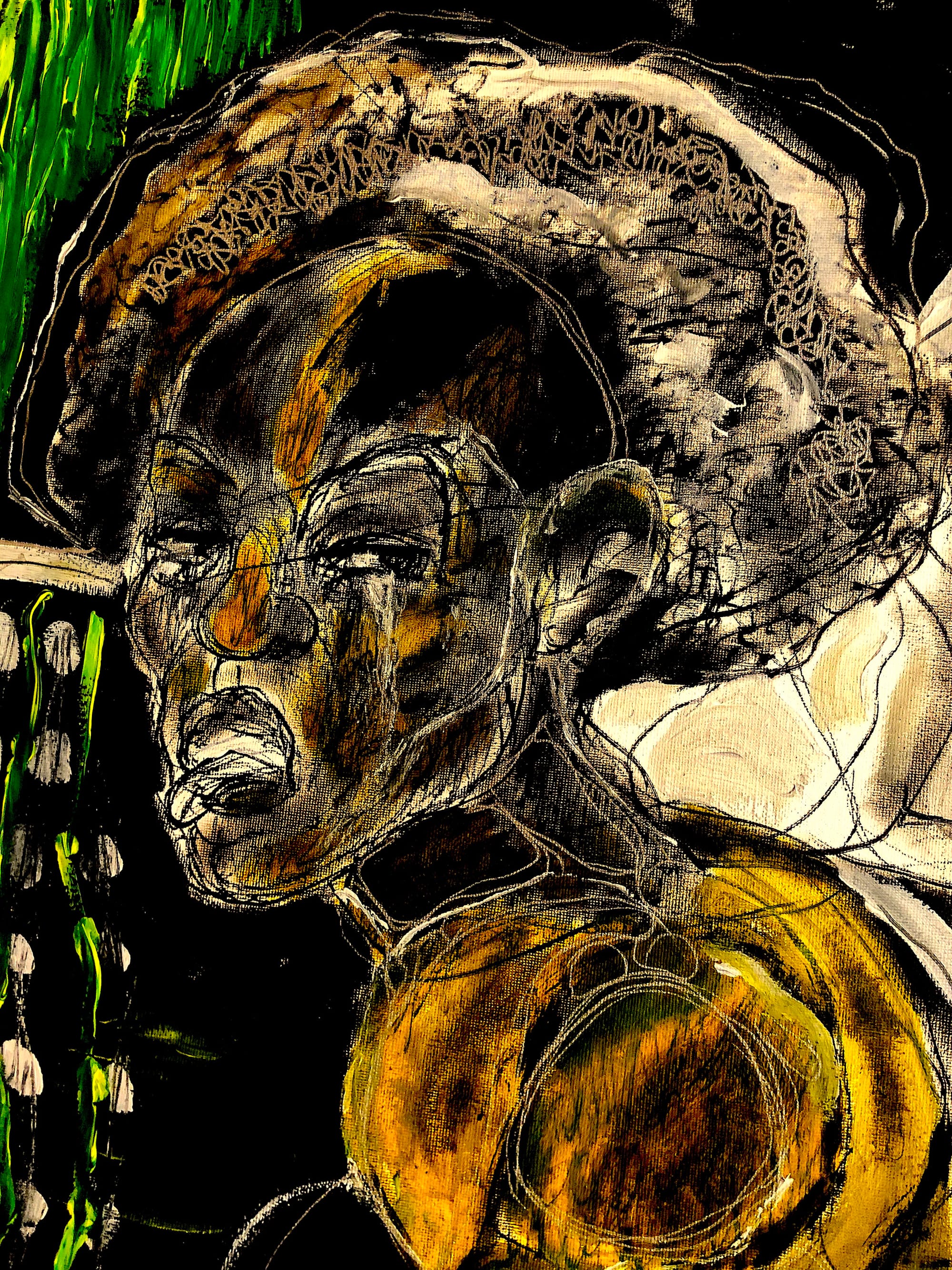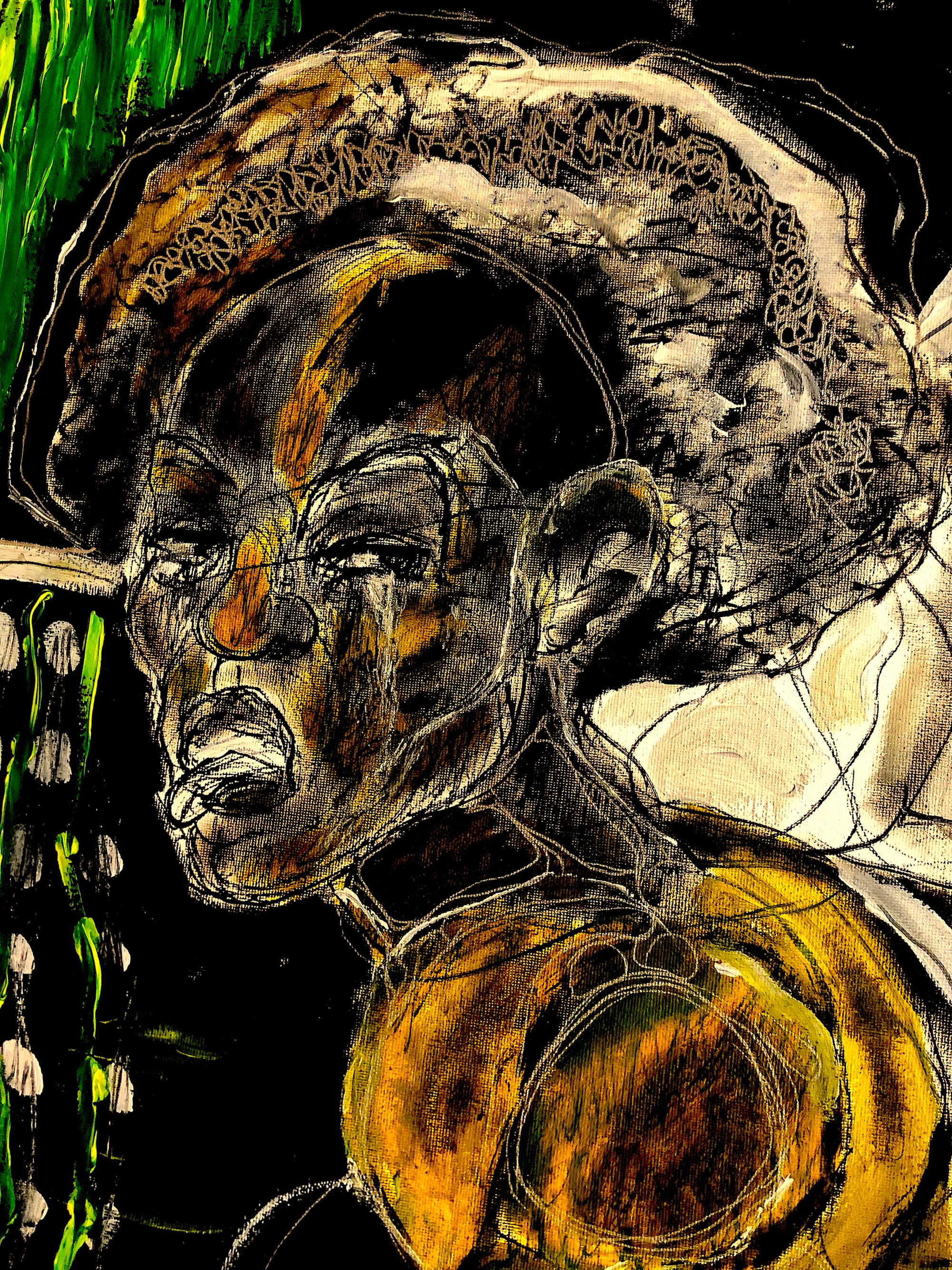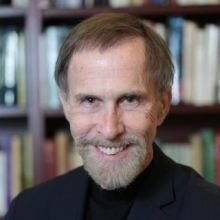1968 and the emotional meaning of 2020

By Alex Rosenberg

2020 is as distant from 1968 as the Apollo 11 moon-landing was from the end of World War One. For some of us Americans 2020 has rubbed the hard and weathered scar of 1968 raw enough that we can feel its poison again, 52 years later.
But those of us who are old enough to still feel 1968 can treat 2020 as a moment of redemption, or even atonement, one that somehow cancels out a small part of the lingering regret and almost certainly foolish mistakes we made back in that terrible year between the Tet offensive and the election of Richard Nixon.
2020 has been as bad a year as we’ve experienced in America since 1968. But at least it won’t end the way that year did. It’s an outcome we should take solace in, with some gratitude for the greater wisdom than our own showed by enough of the rest of our fellow citizens this time around.
Wordsworth wrote of the French Revolution, "Bliss was it in that dawn to be alive. But to be young was very heaven!” Not so America 179 years after the storming of the Bastille. 1968 was a year of repeated disappointment for many people, but for many a young American it was the worst of times. And it didn’t just get worse as it went along. The year started badly and stayed gloomy right through to New Years’ day, 1969.
For some the low points were the assassinations everyone knows about—Martin Luther King, Robert Kennedy—or the police riot at the Democratic convention in Chicago that ultimately resulted in the trial of the Chicago 7. But there were many other reasons for pessimism. The year began as we impotently watched Americans die at Khe Sanh and then gulped down the nightly news about the Viet Cong’s Tet-offensive spasm that temporarily took control of the streets of every large city in Viet Nam. Then there was the French government’s violent suppression of the workers and student revolt in Paris, followed by the even more brutal Soviet liquidation of the Prague Spring’s experiment of socialism with a human face. The Mexico City Olympics that summer was no distraction. It was ushered in on the bodies of hundreds of students shot by the Mexican government. What we remember wasn’t the sports, but the two American sprinters, Tommy Smith and John Carlos, who’d won medals in 200 meter sprint, raising their black-gloved fists as the Star Spangled Banner played, only to be instantly banished by an Olympic official with a record of fascist complicity going back to the ’36 Berlin Olympics. And then came the election we couldn’t care less about. Too many young Americas like me simply shrugged when Hubert Humphrey—the slight lesser evil--lost the presidential election to Richard Nixon-the only slightly greater evil. We couldn’t realize the outcome we shrugged about would cost the United States another 20,000 deaths in Viet Nam.
Of course most of the young men and women who lived through all that were merely spectators, not participants, victims, casualties. Us guys were cagey enough to keep our draft deferments or get temporary teaching gigs. Few of us ever faced swinging batons in Grant Park, Chicago that summer, and the picket lines we walked were pretty well protected from any hard hat rioters. But still it was the worst of times.
There was so much to regret that year, and in retrospect a lot we got wrong about it too. Too few of the students who went into the streets that summer, in Berkeley or Washington, Chicago or on the Columbia campus, attached enough meaning to voting and elections. The moral equivalence of Humphrey and Nixon was obvious and unarguable. Too few of us cared about trying to convince a complacent consumer-culture to share our highly educated dudgeon.
52 years later, most of the 20 year olds of 1968 had to live through another such year, now in our 70s waking up every morning, asking Alexa to play the NPR news and dreading it. The parallels to 1968 betrayed Marx’s jest about history repeating itself, first as tragedy, then as farce. It’s been tragedy both times. The losses in Viet Nam were swamped by the order of magnitude greater losses to the Corona virus. The taking of black lives—George Floyd, Breonna Taylor, Rayshard Brooks, Daniel Prude, Ahmad Arbury--were only this year’s chapter in a chronicle of murder only punctuated by Dr King’s assassination in 1968. There was no Olympics this year, but Tommy Smith and John Carlos’s signal acts of protest were echoed a thousand times by athletes in the NBA, NFL, WNBA and the NCAA taking a knee, still subject to the shrill abuse and worse from those charged with protecting free speech. As in 1968 this year still we had to watch the suppression of human rights on the other side of what used to be the Iron Curtain—Poland’s trampling of women’s rights, Belorussia’s government violence against its own citizens, Hungary’s war on free thought. But we also had to witness our own county’s deprivation of voting rights, and the suppression of voting enforced by those who can see future election losses written by the moving finger of demography. We wouldn’t have imagined in 1968 anyone defending the denial of democratic decision-making on the openly expressed grounds that our constitution was intended to thwart it.
But 2020 won’t end as badly as it began.
It turned out that somehow or other the American people, or enough of them, had internalized the lesson of 1968 even if they were too young to have lived them. It looks like this November 4, and in the months before, enough people whose ages we were in 1968, didn’t drink the Kool-Aid. They were smart enough not to gulp down our distain for what we mistakenly thought was Tweedledee and Tweedledum. This time enough gen X and Y and Z voted to make the difference and prevent us septuagenarian flower children from having to deal with as bleak a 2021 as our 1969. We should be grateful they didn’t make our mistakes. And Joe Biden has to take some credit too. He gave us a chance to go back and vote for Hubert Humphrey as though our future lives depended on it.

About the Author
Alex Rosenberg is R. Taylor Cole Distinguished Professor of Philosophy at Duke University.